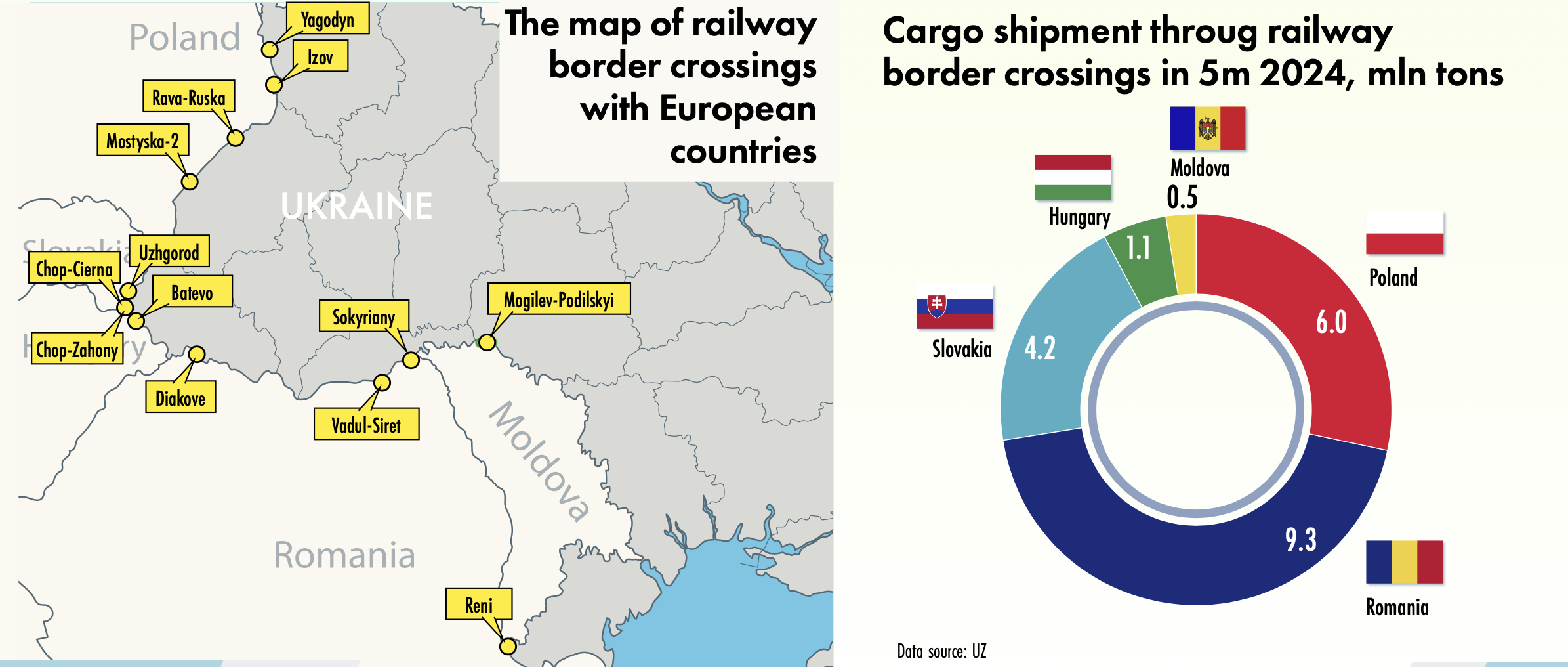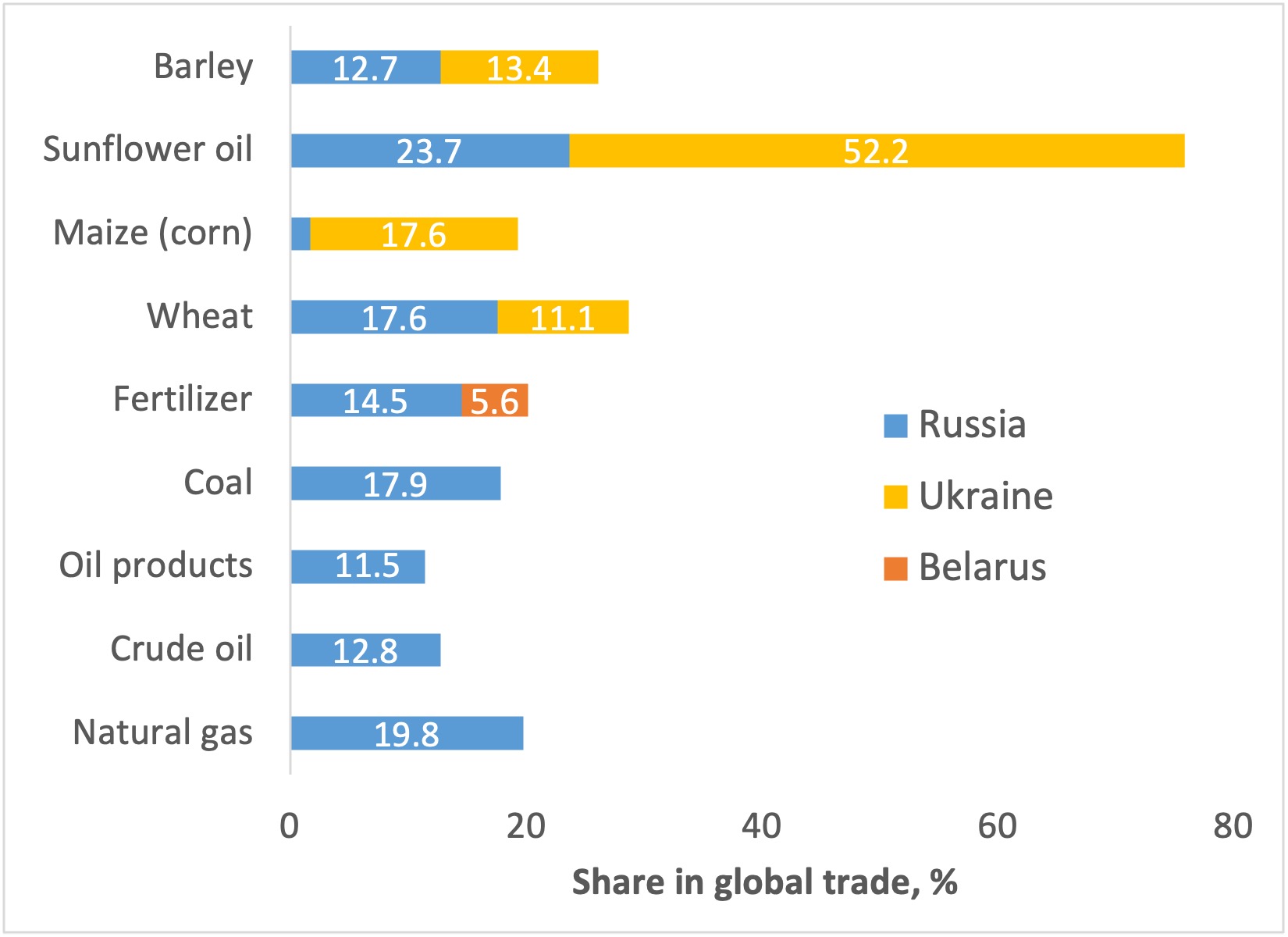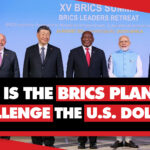The Russia-Ukraine war continues to disrupt global trade. Its impact lingers in 2024, affecting economies worldwide.
This conflict has reshaped supply chains and altered market dynamics. Businesses and countries face new challenges. Energy prices fluctuate, creating uncertainty. Trade routes have been redirected, leading to higher costs. Sanctions on Russia add complexity, influencing trade policies globally. The ongoing war affects everything from agriculture to technology.
Companies adapt to these changes, seeking stability and growth. Understanding this impact is vital for businesses and policymakers. It helps them navigate the evolving trade landscape. We explore the war’s effects on global trade in 2024. We delve into the challenges and opportunities it presents. Join us as we examine the lasting influence of this conflict on the world economy.

Credit: www.imf.org
Geopolitical Tensions
Regional instability has grown due to the Russia-Ukraine conflict. Countries near the area feel unsafe. Borders are now more guarded. Trade routes face disruptions. Goods take longer to reach destinations. Businesses worry about rising costs.
These tensions affect global markets. Prices fluctuate often. Investors remain cautious. They fear sudden changes. Supply chains become unpredictable. Some companies seek safer options. Others wait and watch.
Diplomatic relations are strained worldwide. Nations take sides in the conflict. Allies support Ukraine, while some back Russia. This division impacts trade agreements. Sanctions are placed on Russia. These sanctions hinder trade with other countries.
Countries rethink alliances. New partnerships form. Old ones weaken. Trade policies are revised. Some nations prioritize security over trade. The global economy faces challenges. Businesses adapt to new rules. They find ways to continue trading.

Credit: gmk.center
Energy Markets
The Russia-Ukraine war has caused changes in oil supply chains. Many countries now seek new partners for oil. This is because Russia was a big oil supplier before. Now, there are more restrictions and challenges. Oil prices are still high in many places. This affects how people and businesses use oil. Transportation costs have also increased due to this.
Europe relied on Russia for natural gas. This has changed. They now look for gas from other places. This is because of the war. Many countries are trying to use less gas. They want to find other energy sources. Solar and wind energy are more popular now. But, changing energy sources takes time. People need to save energy to help.
Commodity Prices
The war has changed the prices of many crops. Farmers face higher costs to grow food. Wheat prices are rising fast. This affects bread and pasta costs. Corn is also more expensive now. Many countries depend on these crops. People pay more for food. The war makes trading hard. Ships cannot move freely. This slows down deliveries.
Metal prices are also climbing. Steel and aluminum are costly. Factories need these materials. They struggle with high expenses. Copper is crucial for electronics. Its price is up too. Mining gets harder during conflict. Supply lines are unstable. This impacts gadgets and cars. People pay more for these items. The war changes the way countries trade metals.
Trade Routes
Ships face tough times on sea routes. Safety is a big worry. Pirates and conflicts make shipping unsafe. Insurance costs are rising. This affects trade prices. Many ships avoid Black Sea. They use longer routes. Fuel costs are high because of this. Some goods arrive late. This causes supply chain problems. Countries look for new ways to trade.
Land routes are in trouble too. Railways and roads face damage. Goods move slower than before. Security checks slow things down. Drivers are scared of war zones. Some trucks change paths. Extra miles mean more fuel. Traders pay more for transport. Costs rise for every product. Trade partners seek safer paths. They try different regions for routes.
Economic Sanctions
Russia faces many economic challenges due to sanctions. The country struggles with limited trade options. Many nations avoid trading with Russia. This affects the economy and the people. Prices for goods have gone up. People find it hard to buy needed items. Businesses in Russia also suffer. They can’t get materials from abroad. This makes it tough to produce goods. The sanctions have a big impact on daily life.
Many countries feel the impact of this war. Trade routes are different now. Nations must find new ways to trade. This takes time and effort. Some goods take longer to arrive. This affects businesses worldwide. Prices for some products have risen. People must pay more for these items. Global trade is less stable now. Countries are trying to fix the problems. But it takes time and planning.

Credit: ag.purdue.edu
Supply Chain Disruptions
Factories face many problems due to the war. Parts and materials are hard to find. This causes long waits to get supplies. Many factories can’t make things on time. This slows down production around the world. Some companies lose money because of these delays. Workers wait for parts to do their jobs. It is a big challenge for everyone involved. Companies try to solve these issues but it is not easy.
Moving goods is tough now. War makes travel unsafe. Roads and ports are blocked. Ships and trucks can’t move freely. This causes delivery problems. Goods take longer to arrive. Some items are lost or damaged. Businesses must find new ways to transport goods. This increases costs and time. Customers wait longer for their orders. It’s a hard time for trade worldwide.
Technological Transfers
Many countries fear sharing technology now. They worry about it going to the wrong hands. This fear slows down innovation. New ideas and tools take longer to spread. This affects growth.
The war increases cyber attacks. Hackers target trade systems. They steal data or cause damage. Companies spend more on security. This raises costs and affects trade.
Future Trade Agreements
Many countries are forming new regional alliances. These groups help them trade safely. They want to protect their economies. Countries like Poland and Germany work together. They share resources and ideas. This helps them grow strong. They can avoid problems from the war. Strong alliances mean better trade deals. They can get goods faster. This helps people have what they need.
Nations are also having bilateral negotiations. Two countries talk directly. They make special trade deals. These deals help them buy and sell goods. They can decide on fair prices. Each country gets benefits from these talks. They improve their own economies. They help each other in difficult times. Good negotiations mean happy people.
Frequently Asked Questions
How Does The Russia-ukraine War Affect International Trade?
The Russia-Ukraine war disrupts supply chains, affecting global trade. Energy prices rise, increasing costs for businesses. Export bans limit essential goods, impacting economies worldwide. European trade suffers, while countries seek alternative suppliers. Sanctions reduce market access, further complicating international commerce.
Global uncertainty leads to cautious investment and trade decisions.
How Are Sanctions On Russia Affecting The Global Economy?
Sanctions on Russia disrupt global supply chains and increase energy prices. They impact trade, inflation, and financial markets. Many countries face economic uncertainty and shifts in energy policies. Global economic growth slows due to these disruptions.
How Does The Russian Ukraine War Affect The Global Supply Chain?
The Russian-Ukraine war disrupts global supply chains by affecting energy supplies, increasing shipping costs, and causing shortages in key commodities like wheat and metals. This leads to inflation, production delays, and economic instability worldwide. Businesses face challenges in sourcing materials, impacting manufacturing and delivery timelines.
How Do Wars Affect Global Trade?
Wars disrupt supply chains and increase costs, impacting global trade negatively. Businesses face higher risks and uncertainty. Trade routes and agreements suffer, leading to decreased economic activity and growth. Countries may impose sanctions and tariffs, further straining international trade relations.
Overall, wars create significant challenges for global commerce.
Conclusion
The Russia-Ukraine war impacts global trade deeply. Supply chains face disruptions. Energy prices fluctuate. Economic stability feels threatened. Many industries adapt to new challenges. Countries rethink trade routes and partnerships. Businesses seek new markets and resources. Consumers notice changes in prices and availability.
The future remains uncertain. Vigilance and adaptability are crucial. As the conflict evolves, the world watches closely. Global trade will continue to adjust. A complex and dynamic landscape. Understanding these shifts helps navigate challenges. The war’s influence persists. Trade must find resilience amid ongoing tensions.

Corel Benzamin stands as a distinguished figure in the realms of real estate and startup investments, showcasing an impressive track record as an expert in these dynamic fields. Armed with a comprehensive understanding of market trends and investment strategies, Corel has carved a niche for themselves through insightful analyses and successful ventures. Their journey is marked by a blend of financial acumen and entrepreneurial foresight, translating into tangible success stories. Corel’s prowess in navigating the intricacies of real estate and startup landscapes has not only positioned them as a sought-after professional but has also contributed to the broader discourse on investment practices. Whether unraveling the intricacies of property markets or deciphering the intricacies of emerging startups, Corel Benzamin’s expertise continues to be a beacon for those seeking valuable insights and guidance in the world of real estate and startup investments.


